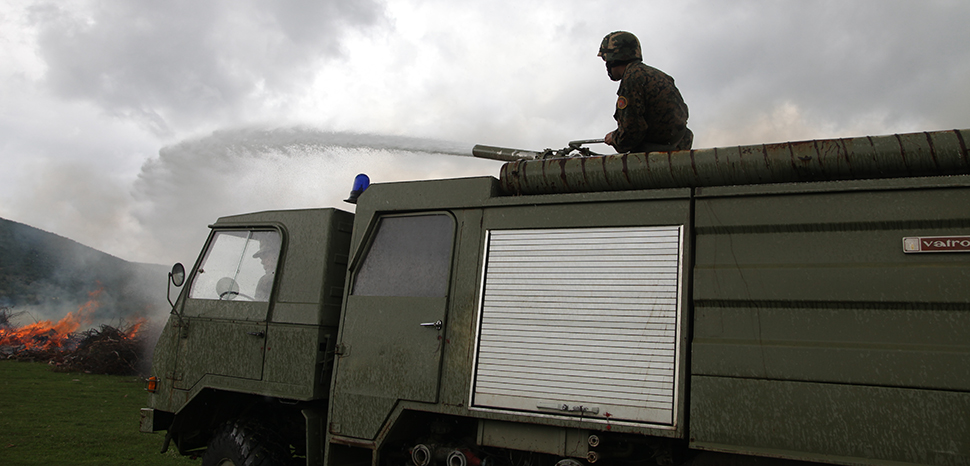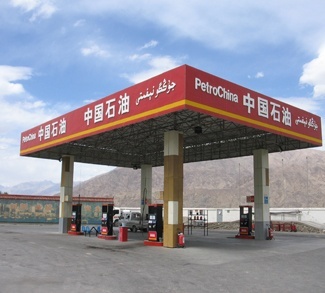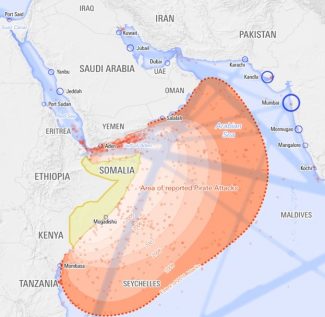This summer of extreme heat—from South Asia to Europe—is proof that climate change is not a future crisis, but a crisis of today. In July, record temperatures in the UK and shocking heat-related death tolls in Spain and Portugal gripped global news. Yet even after the headlines faded, the sweltering shockwaves continued to hit one of Europe’s most vulnerable regions: the Balkans.
No corner of the world is immune to climate change, but not all regions are equally prepared to confront its impacts. Where social and political vulnerability intersect with intensifying climate impacts, climate security risks emerge. A recent report from the International Military Council on Climate and Security (IMCCS), authored by myself and Hugo van Manen of The Hague Centre for Strategic Studies, outlines four climate security risks in the Balkans, which are some of the most concerning in Europe. These risks deserve delicate consideration from policymakers, particularly as Europe grapples with a war at the Balkans’ backdoor.
First, the report warns that intensifying climate change impacts such as drought, heatwaves, and tropical storms may heighten existing post-conflict tensions and ethnic fractionalization in the Balkans. Stress on livelihoods, particularly those rooted in agriculture, could fuel divisions and cause existing tensions to flare.
Second, these climate impacts also threaten Europe’s broader climate goals, given the Balkans’ continued reliance on fossil fuels. Climate impacts could further entrench this reliance, as hydropower, a significant regional energy source, does not produce sufficient energy under drought conditions. As dry years become more common, fossil fuels may become an increasingly attractive energy production buffer if clean alternatives are not readily available or affordable.
Third, this perceived need for fossil fuel investment also increases the region’s susceptibility to influence from the Russian and Chinese governments, who are willing to support continued coal development. These risks come as nations in the Balkans are navigating questions about their relationship to broader Europe. Many Balkan nations still await final decisions on their applications to join the European Union. Just this summer, talks stalled over the membership bid of North Macedonia and Albania, prompting leaders to express their discontent with the promises of the EU that have not been realized yet for them. Growing frustration could open up new opportunities for outside actors to gain a foothold for their own, less favorable interests in Europe.
Fourth, climate-induced migration flows from the Middle East and Africa through the region may be exploited by extremists to create division and even inspire violence. As was witnessed during large waves of migration through the Balkans in 2015, far-right extremists can effectively mobilize such moments to expand nationalist and anti-immigrant perspectives, entrenching divisions and potential for violence.
Given these four risks, ensuring climate security in the Balkans is in the best interest of Europe.
Climate finance is one of the best tools for building the climate resilience that is needed. Yet despite the region’s continued reliance on coal-fired power plants, investments into climate mitigation projects in the Balkans by the Global Climate Fund remain minimal. While the EU Green Agenda for the Western Balkans has included a promise of $9 billion in grants primarily focusing on climate mitigation (e.g., coal phaseout, carbon pricing), comparable investments in climate adaptation and resilience have not been forthcoming, leaving the Balkans vulnerable to climate-related fragility. These climate dimensions intersect with the security concerns of ethnic fractionalization, foreign influence, and far-right extremism to create climate security risks that require consideration and response.
Without significant investments to combat these challenges, Europe risks fighting spiraling climate battles in the southeast that can have immediate spillover effects. During this recent heat wave, for example, Slovenia requested and received assistance from the EU Civil Protection Mechanism to battle raging forest fires. The country’s domestic response mechanism was unprepared to handle the scale of the disaster, illustrating the nation’s vulnerability to climate impacts. Slovenia’s neighbors face many of the same challenges, often with lower resilience capacity than other parts of Europe. Other nations will increasingly be called in to help avert spreading disaster.
As climate impacts accelerate, the gap between the scale of preparedness and disaster intensity will continue to grow in the Balkans unless there is serious investment in climate resilience. A lack of such investment (locally interpreted as a lack of European interest in the well-being of the Balkans region) threatens regional frustration and discontent, which could lead nations in the Balkans to look outside of Europe for stronger support. Given Russia’s violent aggression into sovereign territory in neighboring Ukraine and China’s investment in fossil fuel projects that further exacerbate the climate crisis, EU leaders should prioritize support to the Balkans to block opportunities for Moscow and Beijing to exploit.
July’s heatwave illustrates the urgency of climate investments today. The Balkans is an important region to support, given its vulnerability to climate impacts, internal divisions, and potentially exploitative foreign interests. It may not generate the same global headlines as the UK, France, or Spain, but it is vital to the whole of European security. Europe should pay attention as it battles the heat this summer, and step up with targeted climate security investments to prepare for the next wave.
The views expressed in this article belong to the authors alone and do not necessarily reflect those of Geopoliticalmonitor.com




